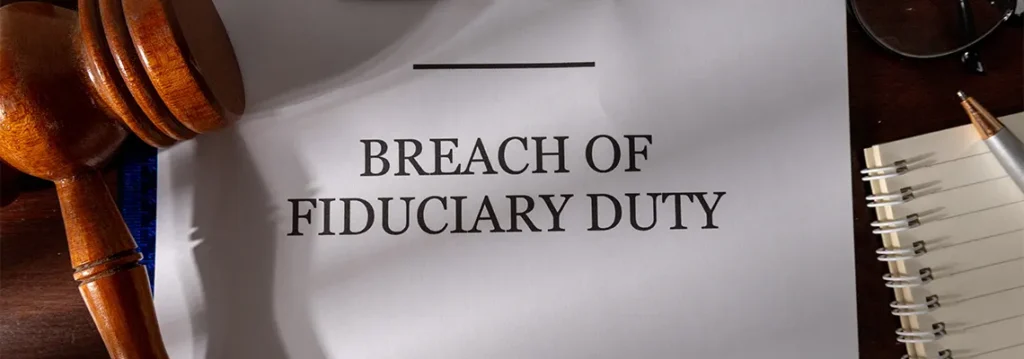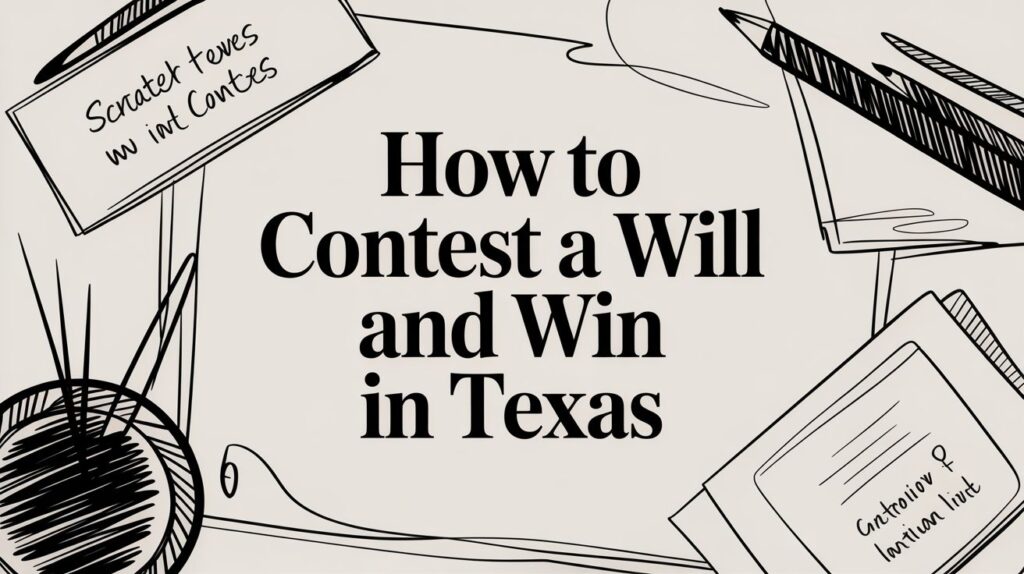Understanding Estate Disputes
Estate disputes arise when disagreements occur regarding the distribution of a deceased person's assets. These disputes can involve family members, beneficiaries, or even business partners, often leading to legal battles over wills, trusts, and estate management.
Common causes of estate disputes include unclear terms in a will, allegations of undue influence, and challenges to the validity of a will. For instance, if a family member believes that the deceased was coerced into changing their will, they may contest it in court, leading to a prolonged legal process.
Common Types of Estate Disputes
Estate disputes can take various forms, including will contests, trust disputes, and claims against the estate. Each type of dispute has its unique legal implications and often requires specialized knowledge to navigate effectively.
For example, will contests may involve claims that a will was not executed properly or that the testator lacked the mental capacity to create a valid will. Trust disputes might arise over the interpretation of trust terms or the actions of the trustee, while claims against the estate can involve creditors seeking payment from the estate's assets.
Steps to Resolve Estate Disputes
Resolving estate disputes typically involves a series of legal steps, starting with negotiation and mediation. Many disputes can be settled amicably through discussions between the parties involved, which can save time and legal costs.
If negotiations fail, the parties may need to proceed to litigation, where a judge will make a final decision on the matter. This process can be lengthy and complex, often requiring the assistance of experienced attorneys who specialize in estate law.
The Role of an Estate Attorney in Disputes
An estate attorney plays a crucial role in navigating the complexities of estate disputes. They provide legal guidance, represent clients in negotiations, and advocate for their interests in court if necessary.
Having an experienced attorney can significantly impact the outcome of an estate dispute. They can help clients understand their rights, evaluate the strength of their case, and develop effective strategies for resolution, whether through settlement or litigation.







